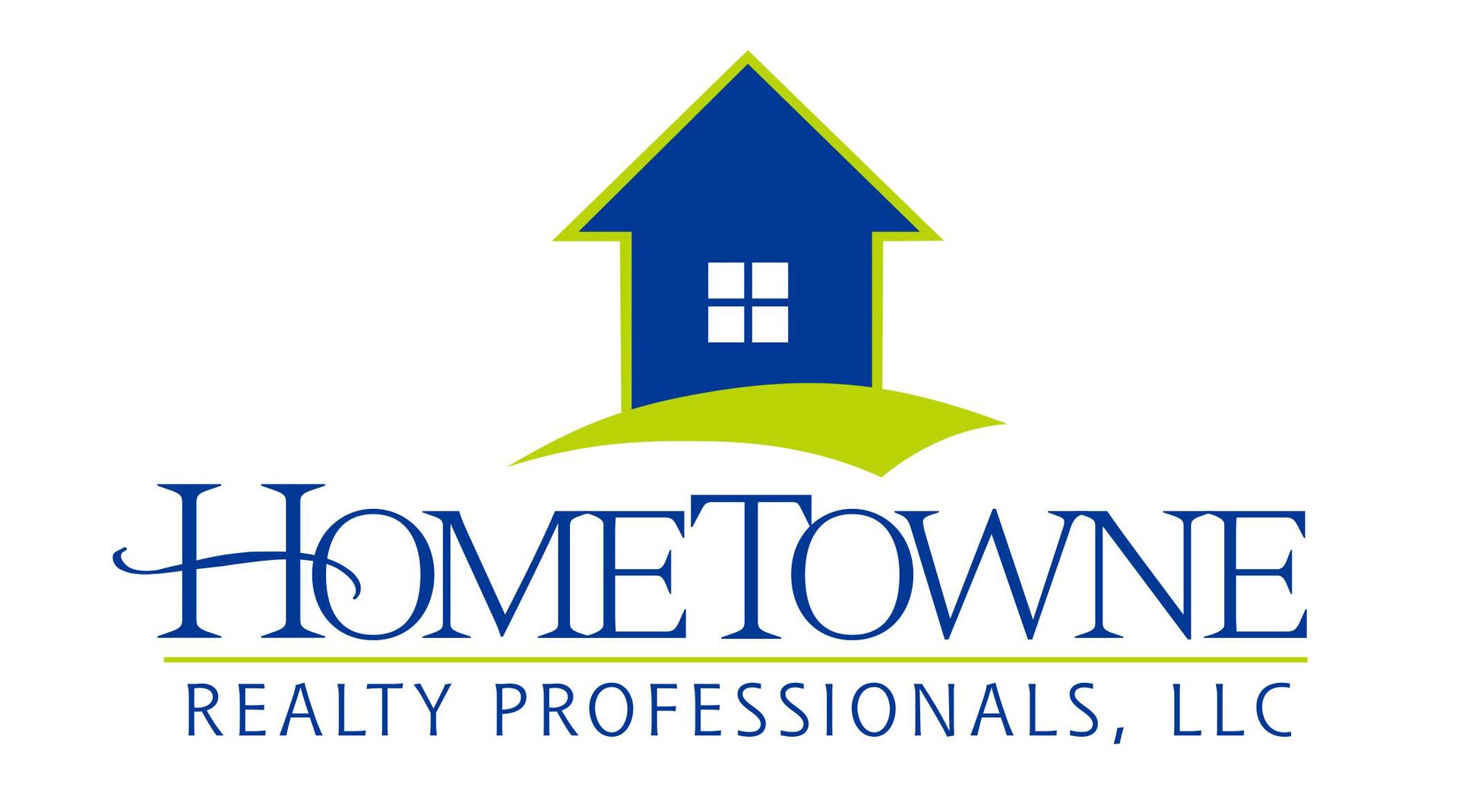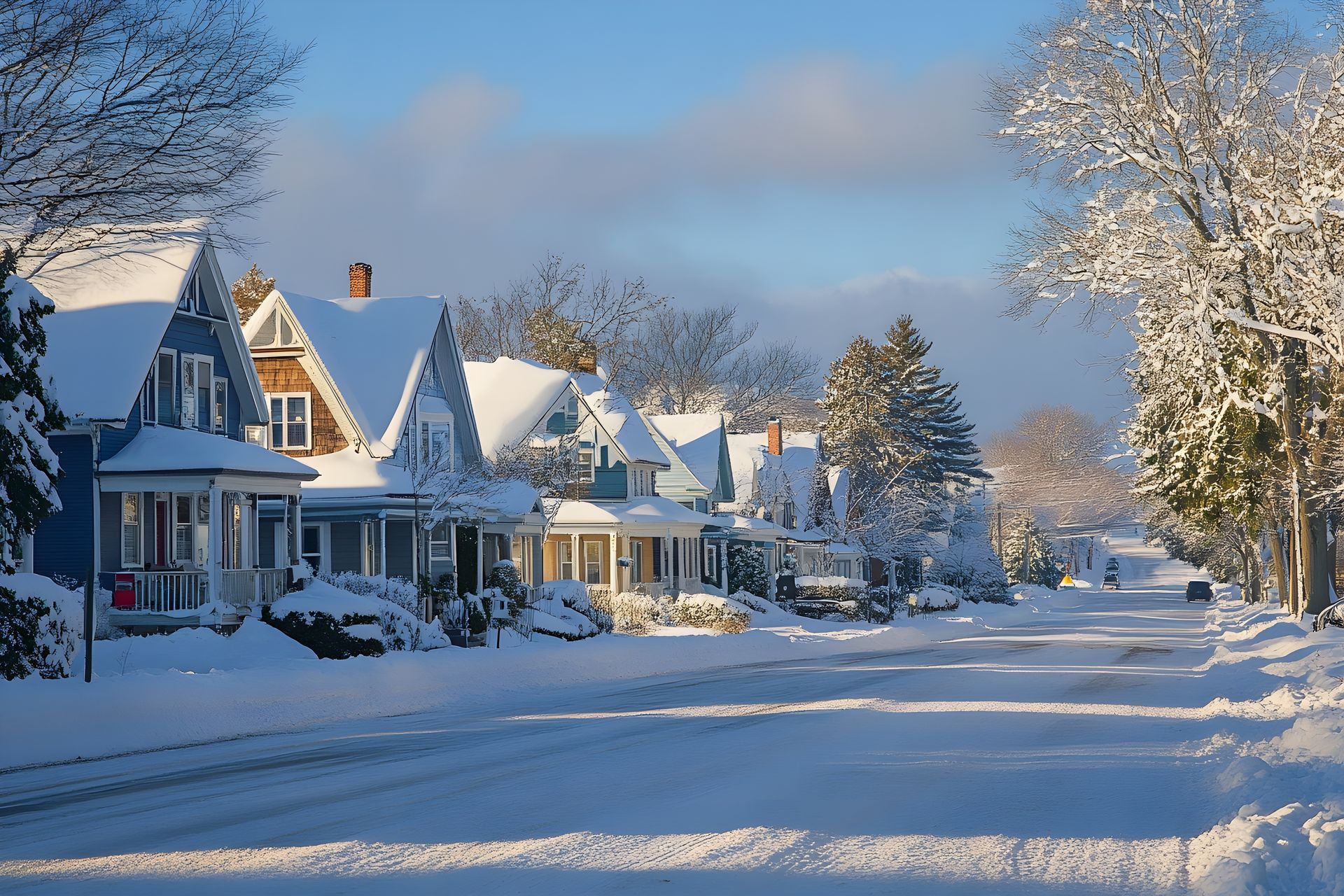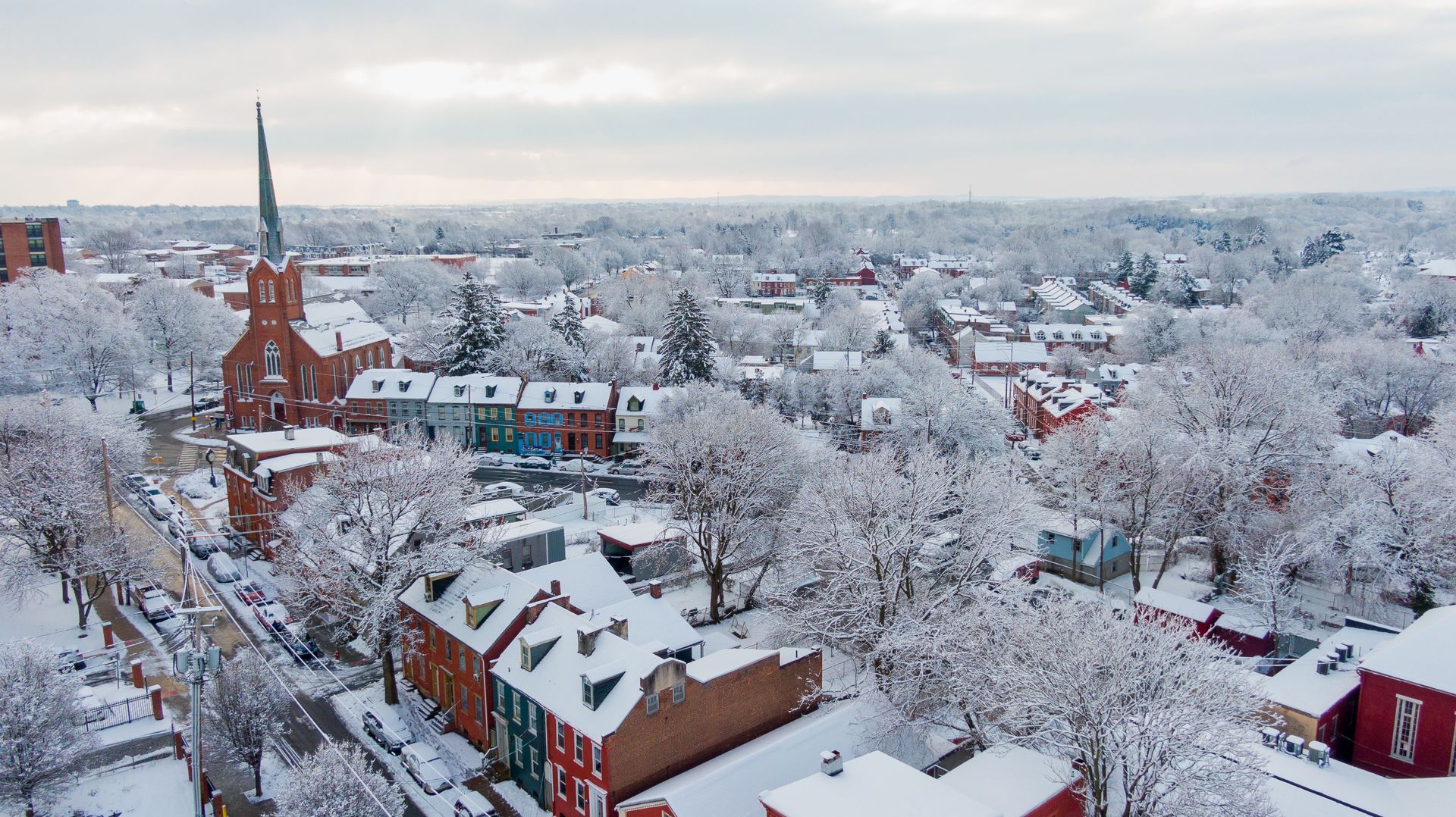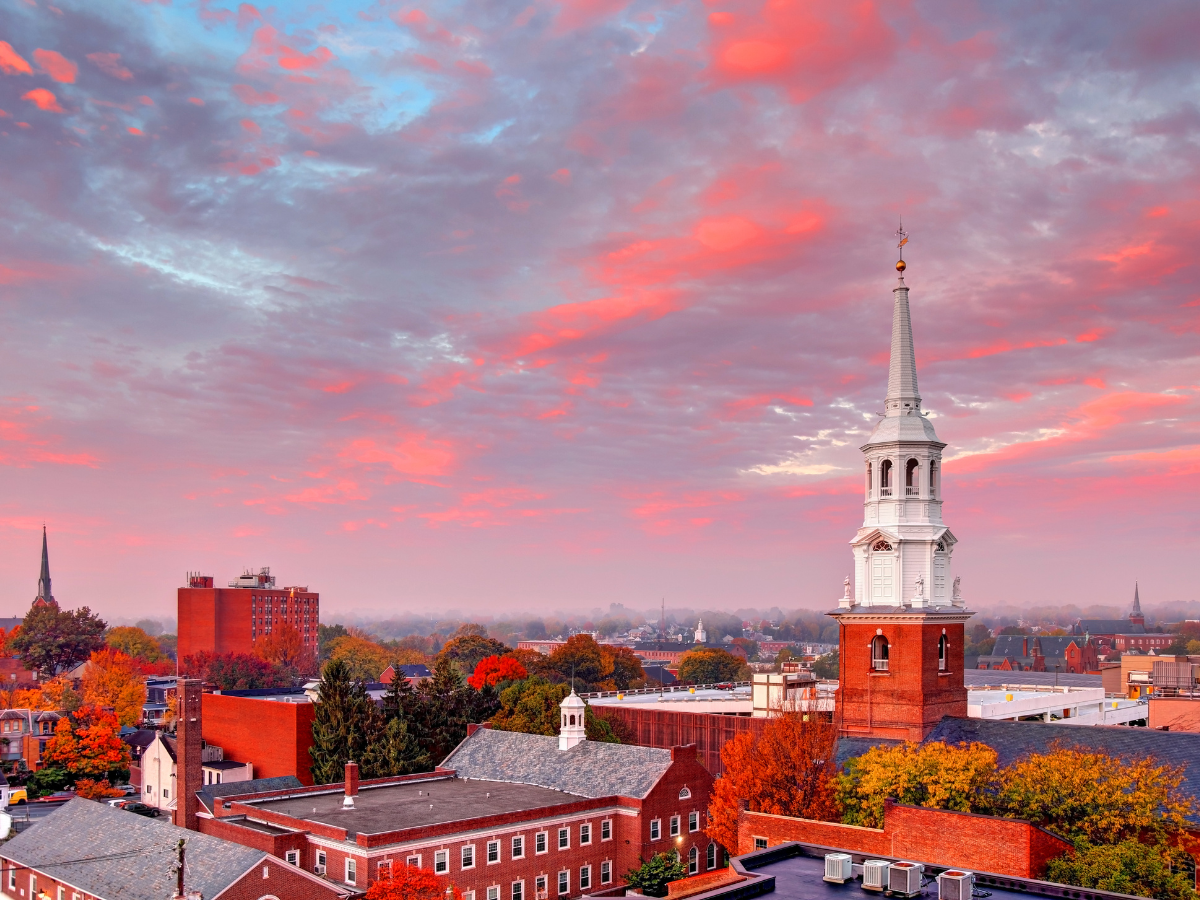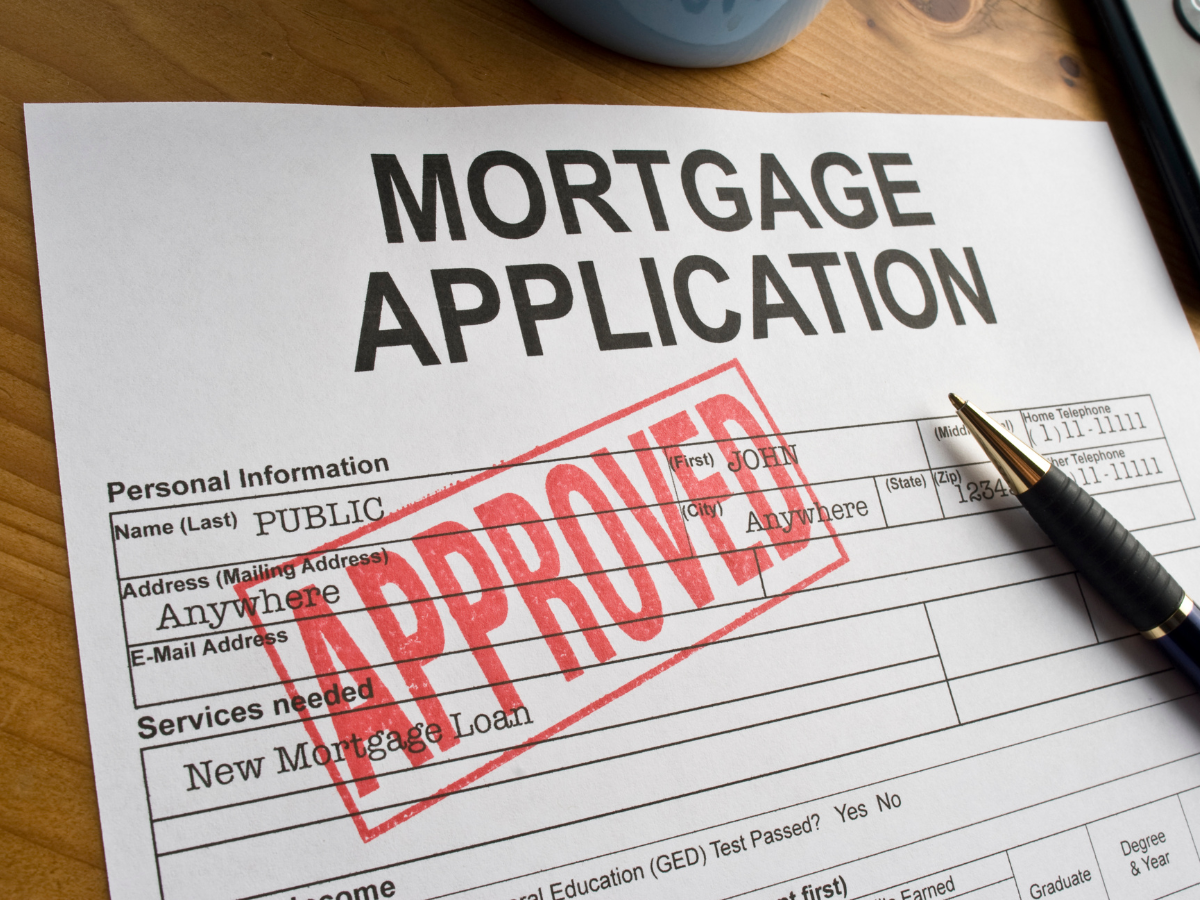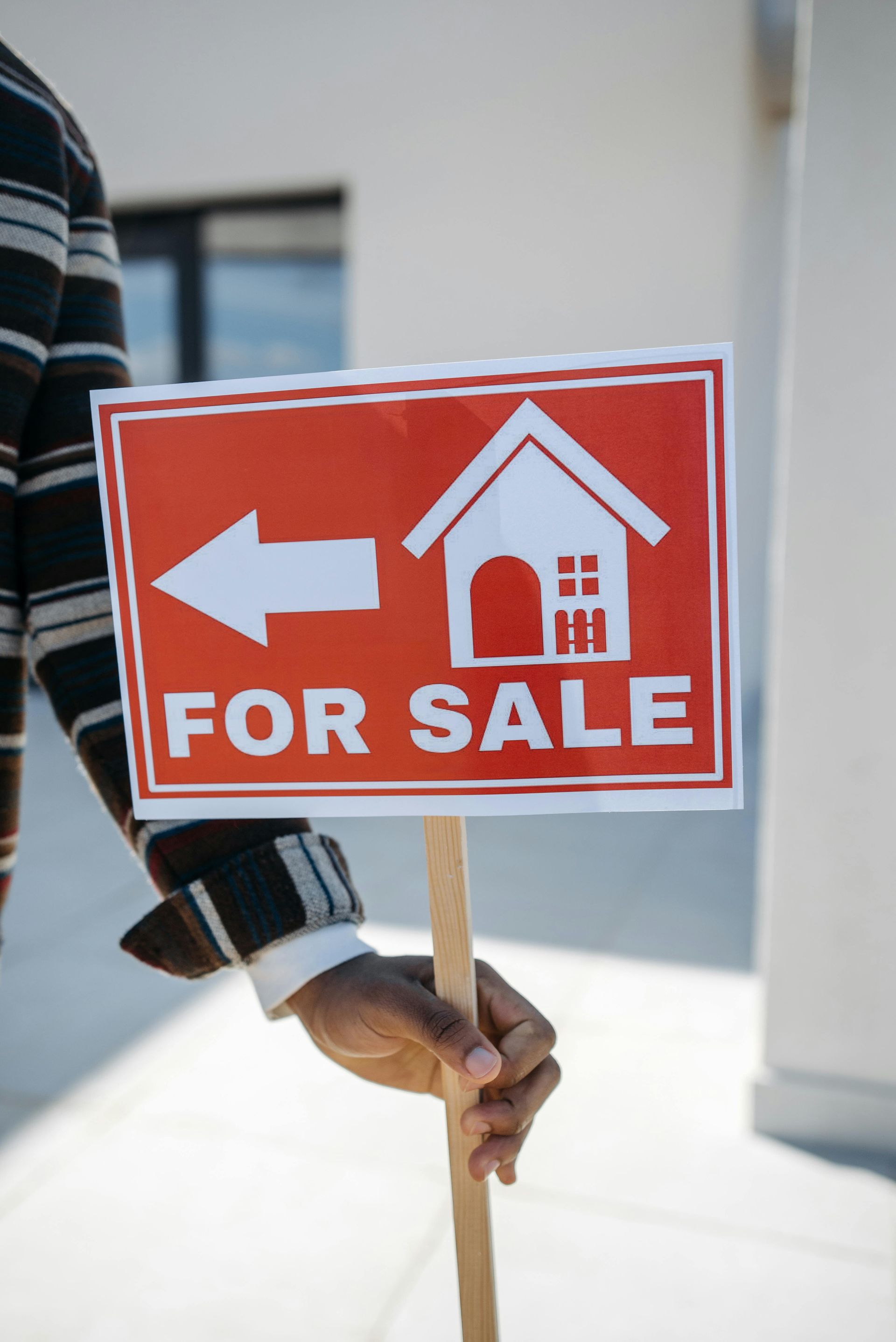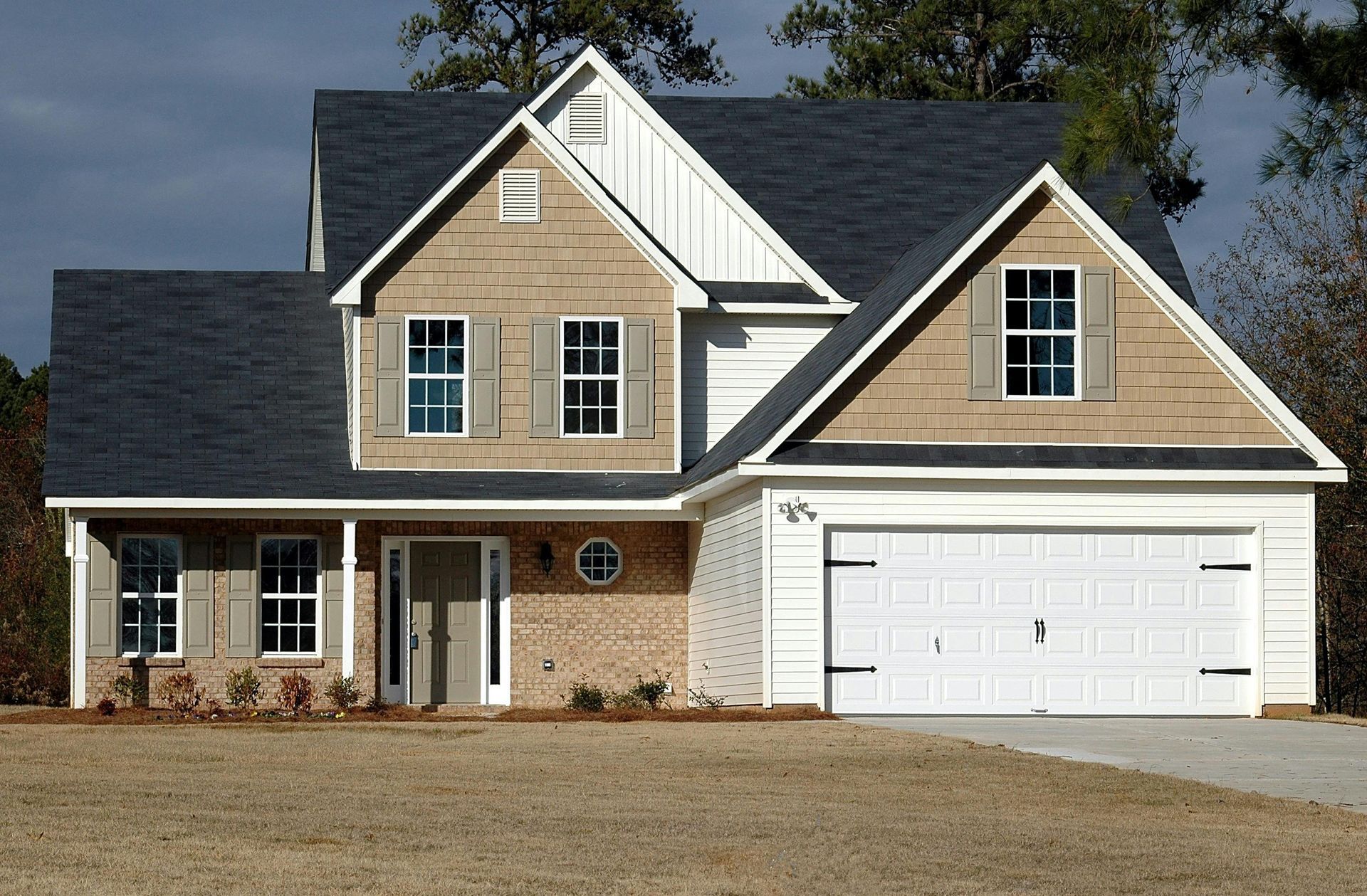When buying a home in Pennsylvania, one of the most important financial aspects to consider is closing costs. These costs, which are paid at the closing of a real estate transaction, can add up quickly and often catch first-time homebuyers off guard. In this blog, we’ll break down what closing costs are, what to expect, and how to budget for closing costs in Pennsylvania. Knowing what’s involved will help you plan ahead and ensure a smooth home-buying process.

What Are Closing Costs?
Closing costs are the fees and expenses that buyers and sellers incur during the process of transferring ownership of a property. These costs are paid at the closing of the real estate transaction, which is the final step in buying a home. For buyers, closing costs typically range from 2% to 5% of the total home price.
Common Closing Costs for Buyers in Pennsylvania
While the exact closing costs can vary depending on the price of the home, location, and lender, there are several common fees that most buyers will encounter when purchasing a property in Pennsylvania:
- Loan Origination Fee
This is a fee charged by the lender for processing your loan application. It’s typically a percentage of the loan amount and can range from 0.5% to 1% of the total loan. - Appraisal Fee
The appraisal is conducted to determine the market value of the property. In Pennsylvania, appraisal fees typically range from $300 to $600, but they can be higher for larger homes or specialized appraisals. - Home Inspection Fee
A home inspection is an essential part of the buying process to assess the condition of the property. Home inspection costs in PA typically range from $300 to $500, depending on the size of the home and any additional services requested (e.g., radon or mold testing). - Title Search and Title Insurance
The title search ensures that the property is free from legal claims, such as outstanding liens. Title insurance protects the buyer and lender in case any issues with the title arise in the future. The cost of title insurance can vary but generally ranges from $500 to $1,500. - Property Taxes
In Pennsylvania, buyers may need to reimburse the seller for any prepaid property taxes. Depending on the timing of your purchase, this could amount to a significant sum, especially in counties with high property tax rates. - Recording Fees
Recording fees are charged by the county to officially record the new deed of ownership. In Pennsylvania, these fees typically range from $50 to $100. - Homeowner’s Insurance
Lenders often require buyers to purchase homeowner’s insurance before closing to protect the property. The cost of homeowner’s insurance can vary based on the property’s location and value, but expect to pay around $300 to $1,000 for the first year. - Prepaid Interest
If you close on the property mid-month, you may need to pay prepaid interest for the days between your closing date and the day your first mortgage payment is due.
How to Budget for Closing Costs in Pennsylvania
Now that you understand the most common closing costs, here’s how to budget for them:
- Estimate Your Total Closing Costs
To get a general idea of your closing costs, multiply the purchase price of your home by 2% to 5%. This will give you a rough estimate of the costs you can expect. - Ask Your Lender for a Loan Estimate
Your lender will provide a loan estimate that outlines all of the fees associated with your loan. This document will give you a detailed breakdown of your closing costs and help you plan your budget more accurately. - Set Aside Extra Funds for Unexpected Costs
It’s always a good idea to set aside some extra money for any unexpected fees that may arise during the process. For example, there could be last-minute changes to property taxes or additional fees from the title company. - Consider Seller Concessions
In some cases, the seller may agree to cover a portion of your closing costs. This is known as a seller concession. It’s worth negotiating with the seller to see if they are willing to help with these expenses.
How to Minimize Closing Costs
While closing costs are inevitable, there are a few strategies you can use to minimize them:
- Shop Around for Lenders: Different lenders charge different fees. By comparing rates and fees from multiple lenders, you may be able to find one that offers lower closing costs.
- Ask for Seller Concessions: As mentioned, seller concessions can help reduce the amount you pay at closing. It’s worth discussing this with your real estate agent to see if the seller is open to this arrangement.
- Negotiate the Loan Fees: Some loan fees are negotiable, such as the loan origination fee or title insurance. It’s worth asking your lender or title company if they can reduce their fees.
Conclusion
Closing costs are an important part of buying a home in Pennsylvania, but by understanding the common fees and how to budget for them, you can make the process less stressful. With careful planning and the right knowledge, you’ll be ready for this final step in the home-buying journey.
At Hometowne Realty Professionals, we’re here to guide you every step of the way. If you have any questions about closing costs or real estate in the Poconos, feel free to contact us today. We’re happy to assist you with all your home-buying needs!
